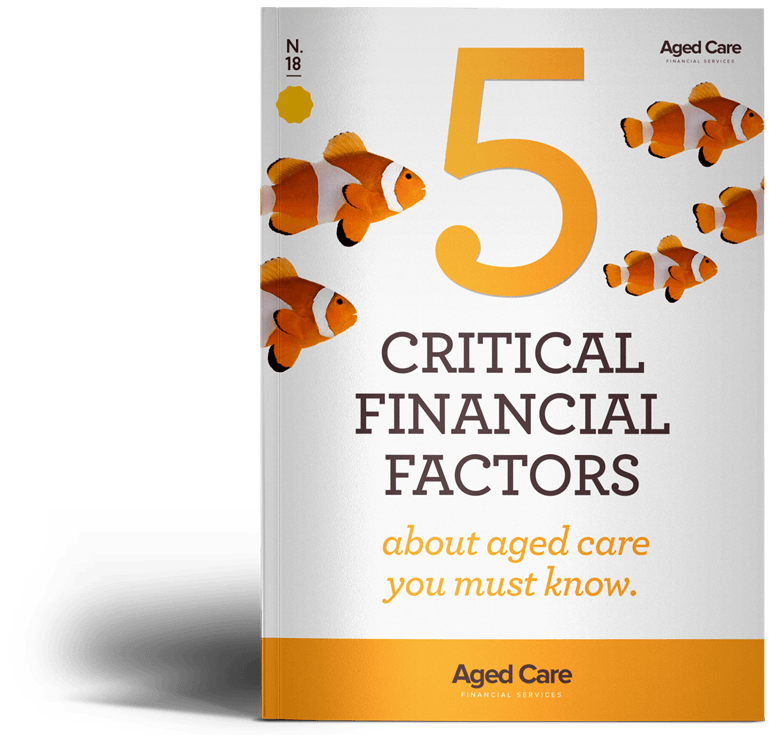No matter how old they get, we never stop worrying about our kids, or our parents; but when most of us think of retirement and estate planning, we usually think of our own needs, or that of a spouse.
And whilst many of us in our 60’s often talk to friends about how they’ve moved parents into residential aged care, when it happens to us (or our parents) it’s usually unexpected and unplanned. So, it’s important that we all start to include aged care planning as an anticipated life-event just like we do with estate planning.
Aged Care planning is the really the “bridging” plan that sits between traditional Retirement and Estate Planning; financial planning for retirement will included selecting powers of attorney to make sure the right people are appointed to make the financial and medical decisions if you lose the ability to do so. It’s also possible that they could be also be required to make aged care decisions too.
Beth Hourigan, Principal and Aged Care Specialist at Aged Care Adviser Network and Financial Services, stresses that a formal plan should include a range of considerations no matter how uncomfortable the subject. The plan might include financial arrangments for life insurance, superannuation and significant lifestyle events (like aged care). She recommends engaging a professional financial planner who can access specialists to develop specific strategies, and who can write a custom financial plan to achieve your Retirement, Aged Care and Estate Planning objectives. She says this will avoid any miscommunications between prospective beneficiaries, relatives and representatives in the future, and leave no one in doubt about your wishes should you lose capacity, or suffer a medical emergency.
At a stage of our lives where we focus on accumulating and maintaining wealth, we rarely deal with our own mortality, or put aged care on our financial planning agenda, however a professional prepared financial plan will consider each stage of our life, including the important “Golden Years”.
Ultimately you’ll feel more comfortable having put in place a blue print, and the funds to be use to meet your wishes should you be unable to tell people what you want.
Beth says that, in her experience, the best legacy anyone can leave is a clear plan and expressed wishes ensuring those closest are secure and comfortable with the decisions they may need to make if you require either extended in-home or residential aged care services.



